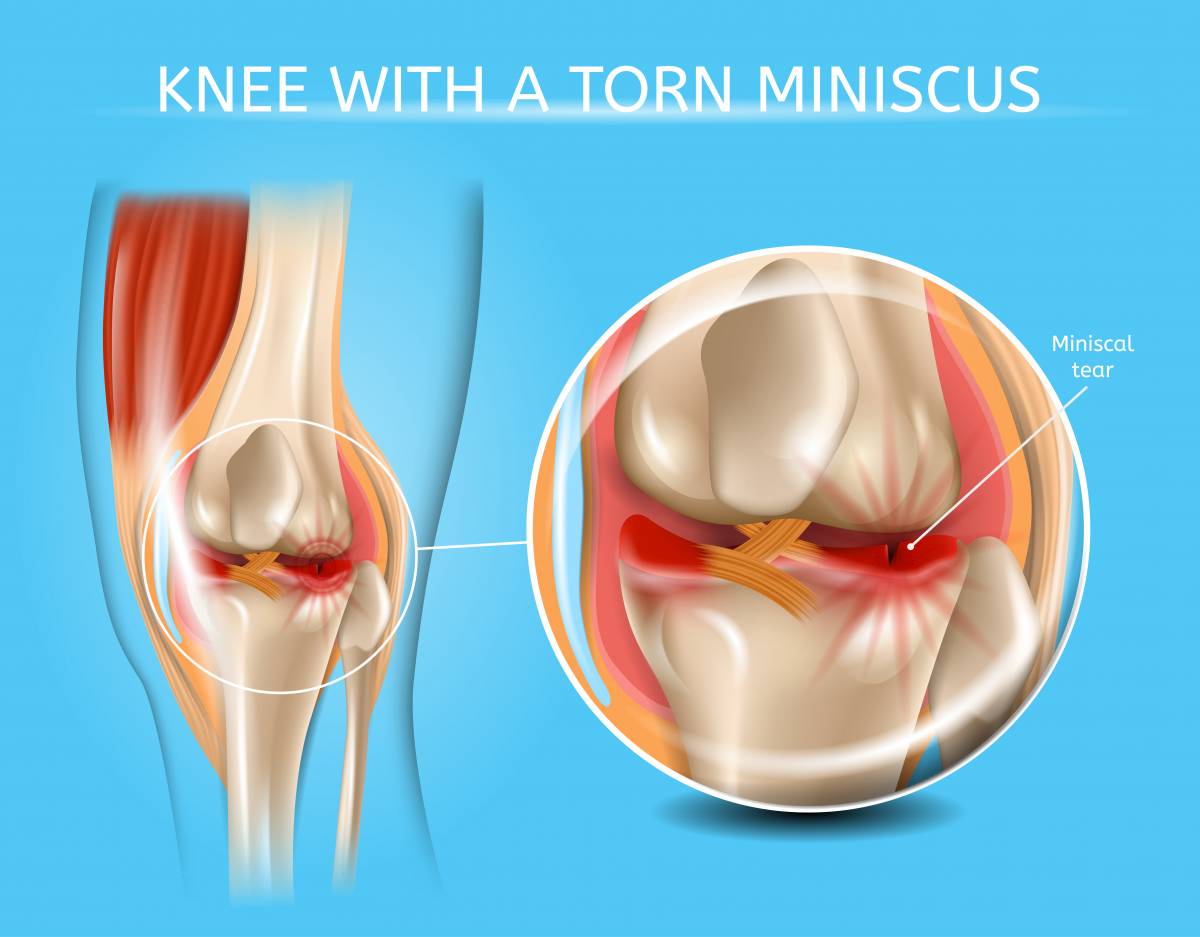More research on the effectiveness of common orthopaedic interventions is vital, researchers say
The public’s trust in a number of common orthopaedic interventions would be reinforced if more resources were poured into improving the evidence base.
That is one of the key messages contained in paper – titled Common elective orthopaedic procedures and their clinical effectiveness: umbrella review of level 1 evidence – which appears in The BMJ today (8 July).

The UK-based team of authors was led by Ashley W Blom, from the National Institute for Health Research Bristol Biomedical Research Centre at the University Hospitals Bristol and Weston NHS Trust and the University of Bristol.
The team suggests that many popular procedures – including hip replacements and shoulder repair surgery – are not backed up by high-quality evidence. Despite this, some procedures are still recommended in national guidelines by bodies such as the National Institute for Health and Care Excellence in certain situations.
The paper examines analyses of randomised control trials (RCTs) and other studies to compare the clinical effectiveness of the 10 most common orthopaedic procedures with no treatment, placebo, or non-operative care (see Box 1).
Procedures included knee cartilage (meniscal) repair, shoulder rotator cuff repair, carpal tunnel decompression surgery, and total hip and knee replacements.
The team then compared findings for each procedure with national guidelines to check whether the recommendations reflected the available evidence.
Lack of RCTs highlighted
While RCT evidence supported the superiority of carpal tunnel decompression and total knee replacement over non-operative care, no RCTs specifically compared total hip replacement or meniscal repair with non-operative care.
Trial evidence for the other six procedures showed no benefit over non-operative care, the researchers found. In addition, they state that although seven out of the procedures are recommended for use in national guidelines, a high-quality body of evidence to support these recommendations definitively is generally lacking.
This is mainly because there is a paucity of RCTs comparing each of the procedures with non-operative alternatives. The team points out that the lack of trial evidence does not mean that the interventions are ineffective but suggests that determining the true treatment effect is extremely difficult without evidence from RCTs.
Conclusions
An urgent need exists to prioritise research, especially for the procedures with a limited evidence base, and for definitive randomised controlled trial designs to evaluate their clinical effectiveness [Professor Blom and colleagues]
Agreeing with a view set out in an earlier publication, Professor Blom and his colleagues note that 10 million patients in England are currently on surgery waiting lists and that ‘now is an ideal time to invest in large platform trials’.
The authors add: ‘An urgent need exists to prioritise research, especially for the procedures with a limited evidence base, and for definitive randomised controlled trial designs to evaluate their clinical effectiveness.
‘This will improve patient care, cut healthcare costs, permit more efficient use of our resources, and increase societal trust in orthopaedic interventions.’
Box 1 The 10 elective orthopaedic procedures
- arthroscopic anterior cruciate ligament
- arthroscopic meniscal repair of the knee
- arthroscopic partial meniscectomy of the knee
- arthroscopic rotator cuff repair
- arthroscopic subacromial decompression
- carpal tunnel decompression
- lumbar spine decompression
- lumbar spine fusion
- total hip replacement
- total knee replacement
Musculoskeletal conditions affect around one adult in four in the UK adults account for more than 25 per cent of all NHS surgical interventions – at a cost of £4.76 billion each year.
To see the article in full, visit: https://www.bmj.com/content/374/bmj.n1511
Author: Ian A McMillan
Share it with














